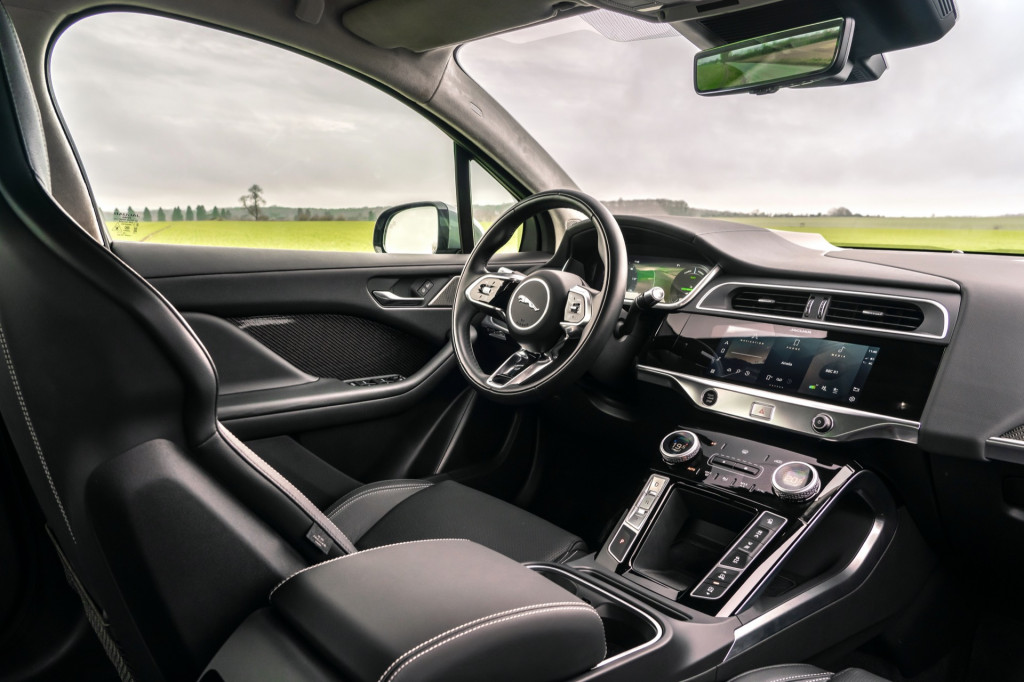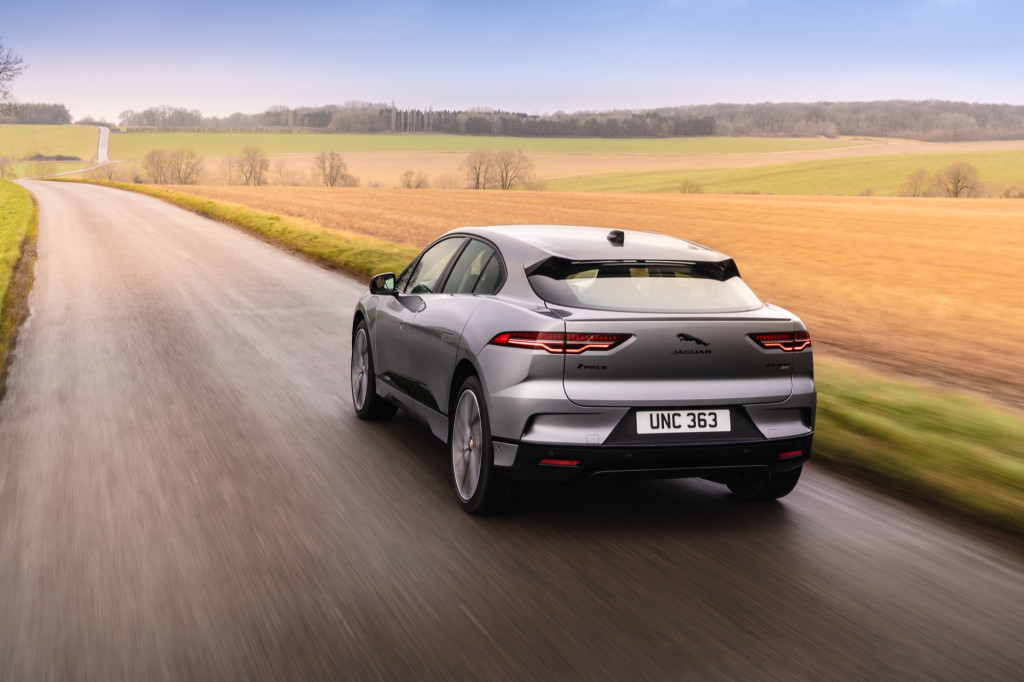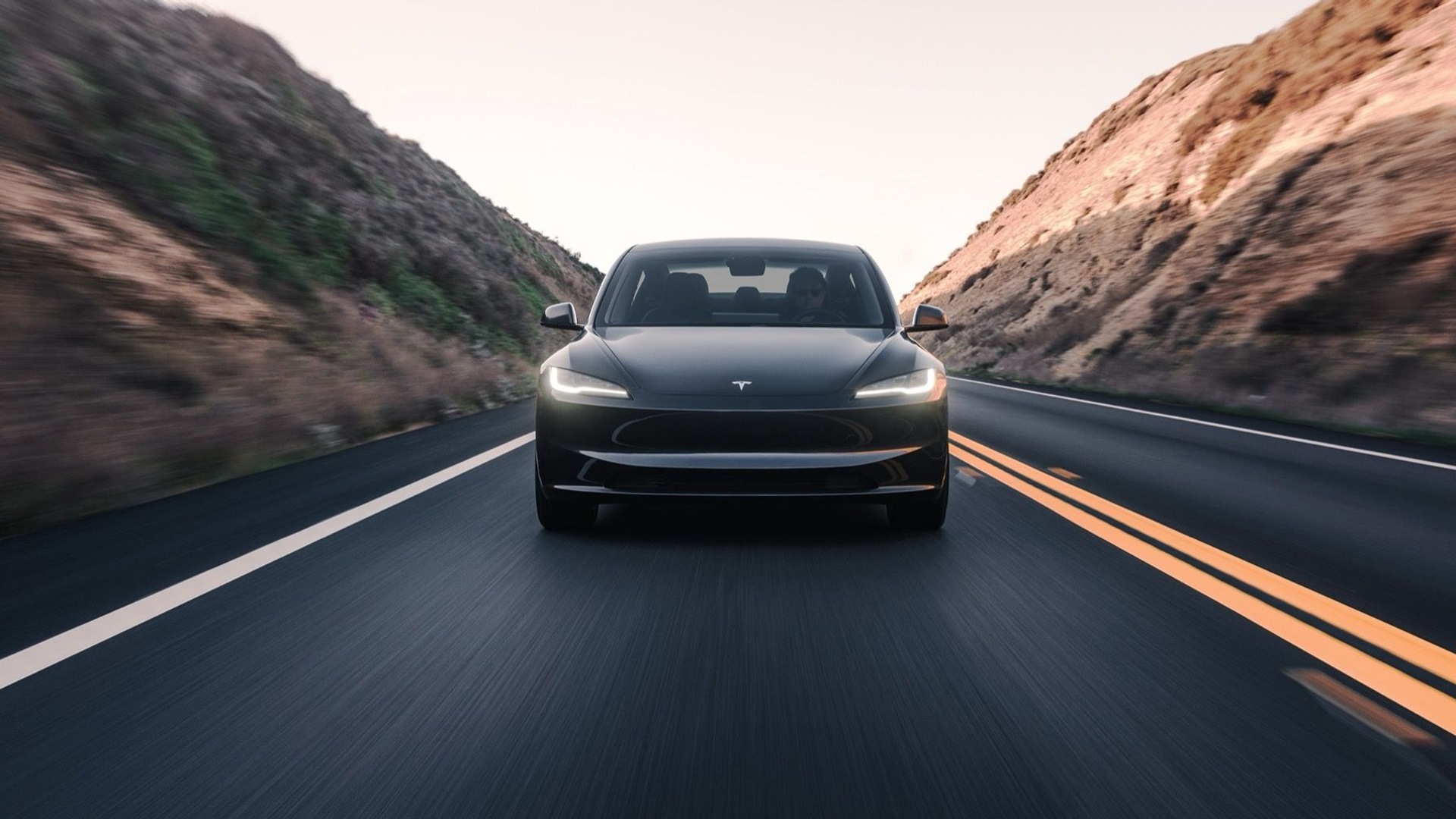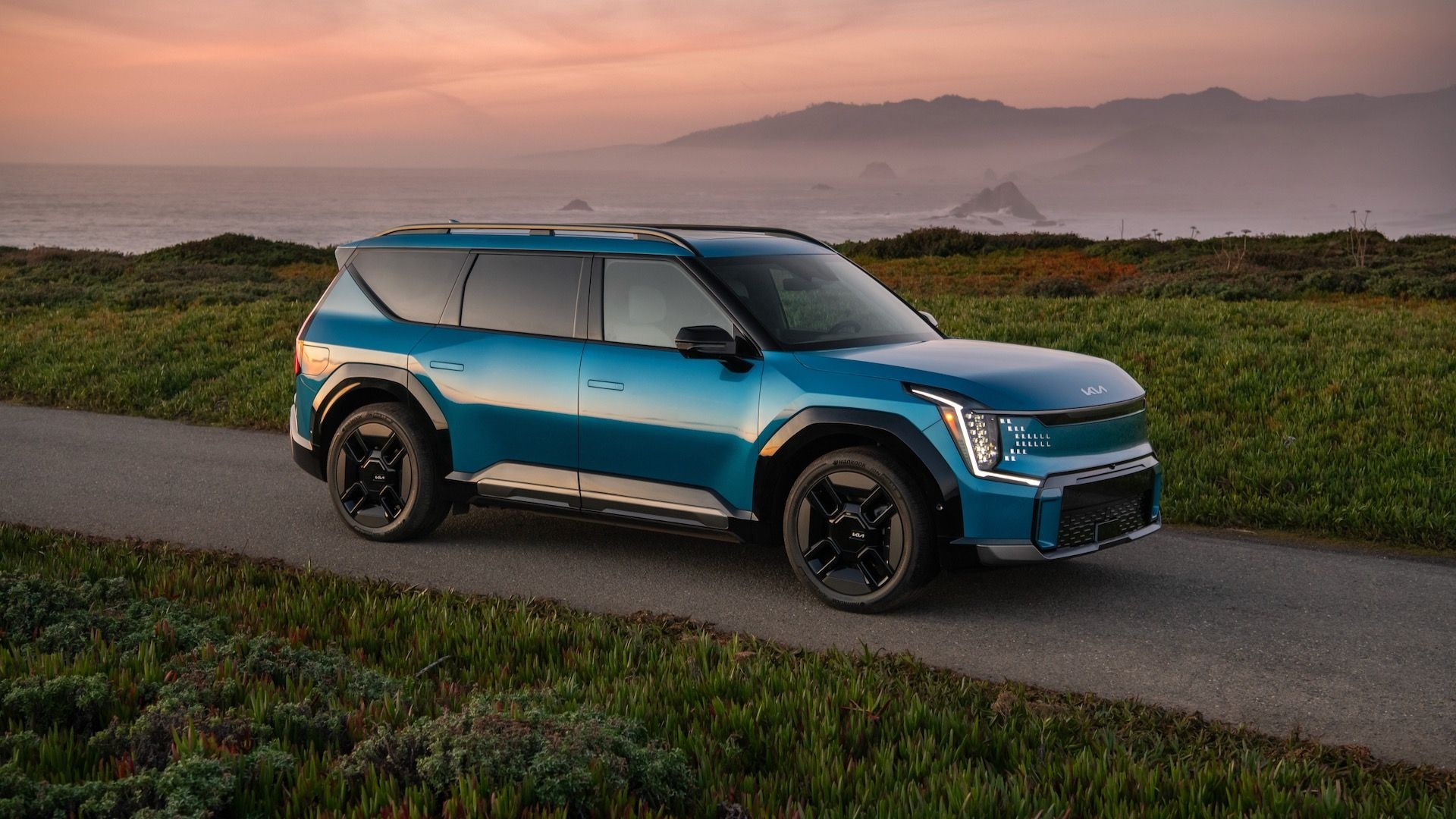Battery fire concerns have prompted a recall of nearly 6,400 Jaguar I-Pace electric SUVs from throughout the model's production run.
Jaguar on Wednesday said the battery energy control module software will be updated, and battery modules will be replaced if necessary, in 6,367 vehicles from model years 2019 to 2024 free of charge, according to recall documents first spotted by Reuters. These documents state that Jaguar has reports of eight U.S. vehicle fires, but no accidents or injuries associated with them.
The recall address the potential for high-voltage batteries to overheat, creating a fire risk, but engineers haven't determined whether the battery-pack assembly itself is defective or a cause of the overheating.

2022 Jaguar I-Pace
Updated software, which will be installed by a dealer or through an over-the-air (OTA) update, will monitor the battery pack for conditions associated with overheating, according to recall documents. The software will "monitor the battery pack electrical state," according to the automaker, and it "provides an enhanced level of driver warnings" for battery condition. If it decides a risk exists, it will limit charging to 75% capacity.
In the event of a perceived fire risk, drivers of cars with the updated software will also be instructed to take their cars to dealerships for inspection, per the recall documents. Battery modules or packs will then be replaced if necessary, again free of charge.
Recall documents identified the affected component as the high-voltage battery pack assembly, from LG Energy Solution. LG is also the cell provider for the pack, however there's no indication in recall documents that cells might be specifically to blame.

2023 Jaguar I-Pace
I-Pace production began in 2018, but the most recent vehicles have shipped with revised battery-monitoring software, the recall documents noted. Jaguar didn't originally ship the I-Pace with over-the-air update capability, but it set the stage for them with a 2019 update. And with other upgrades for the 2022 model year in the U.S., it took advantage of them with a snappier interface.
Other automakers have caught battery issues at different stages in a model's production run. In the Chevy Bolt EV, a battery flaw led to the replacement of full battery packs in many earlier models. And Hyundai had to replace full packs in some of its Kona EV models, making it the most expensive EV recall ever.
Ford, on the other hand, caught a battery issue quickly with its F-150 Lightning production and only had to recall 18 trucks that had been shipped out.












